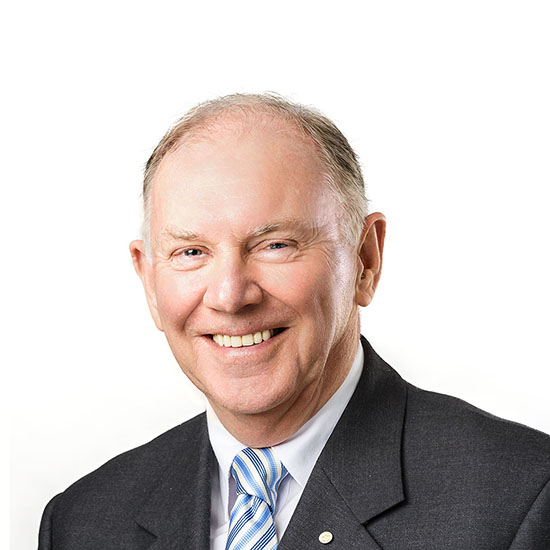Overview
After a 55-year teaching career, Dr John Rose PSM has returned to Deakin to research Geelong’s history through a favourite collectable, footy cards. John is currently undertaking a masters degree after an extensive career in education, and his research will help uncover the social influences of trading cards in Australia, the US and UK.
Interview with John Rose
Can you tell us about your time at Deakin?
My first qualification at Deakin was in the 1980s. At this time the education faculty was starting to make a very significant impact both nationally and internationally. Malcolm Skilbeck, a world-renowned authority in education at the time who was to become Vice Chancellor of Deakin in the late 1980s, was a positive influence on our studies. Consequently, the faculty was carrying out some excellent work in the field of curriculum design and development.
I returned to Deakin as a student in 2018 to do a Master of Arts degree by Research.
What has been your journey since finishing your course?
I spent most of my working life with the Victorian Education Department (36 years) as a classroom teacher, special assistance resource teacher, curriculum consultant, principal and principal liaison officer. After retiring I was soon back in the workforce and spent a further 17 years at an independent school as a head of campus and later head of staff development. I was fortunate during my career to have many opportunities open up for me including being a curriculum advisor to an international school in Indonesia, lecturing at a HEI, supervising masters students, being part of accreditation teams working with prospective international schools, and having a number of student workbooks and teacher resource books published.
How did you come to decide on the basis of your masters thesis?
Five of my six previous qualifications have all been career orientated in education. My current masters thesis is one that was chosen out of my interest in sports history and a fascination with old objects such as cigarette cards.
What do you believe Deakin University has shown you/given you as a person?
Deakin University has contributed to my belief in life-long education. The university has also instilled in me a belief that there are no limitations on the fields that are worthy of further research and investigation.
What are some of your proudest moments in your career?
Some of my proudest moments have been when approached by an adult whom I taught when they were a young primary school student, and they have thanked me for the influence I have had on their life. This is most rewarding and what teaching is really about – being a positive influence and a ‘building block’ in a young person’s development.
From a career perspective, being listed in the 2002 Australia Day honours list for ‘outstanding service to public education’, and being invited to be a member of a Ministerial Advisory Committee to the Victorian Minister for Education, are personal highlights. Graduating with a PhD at the age of 70 also ranks up there. My thesis was on the implementation of the new Australian National Curriculum.
What inspires you to continue the work you do every day?
My work now is limited compared with a decade ago, however I am a firm believer that ‘senior citizens’ still have something to contribute and that so much talent that Australia has at its disposal from older people is not being realised to the extent that it could be. The saying ‘when an old person dies, a library burns’ comes to mind here.
What is something that amazes you?
Young peoples’ expertise with technology and their confidence with it. I need a mentor!

